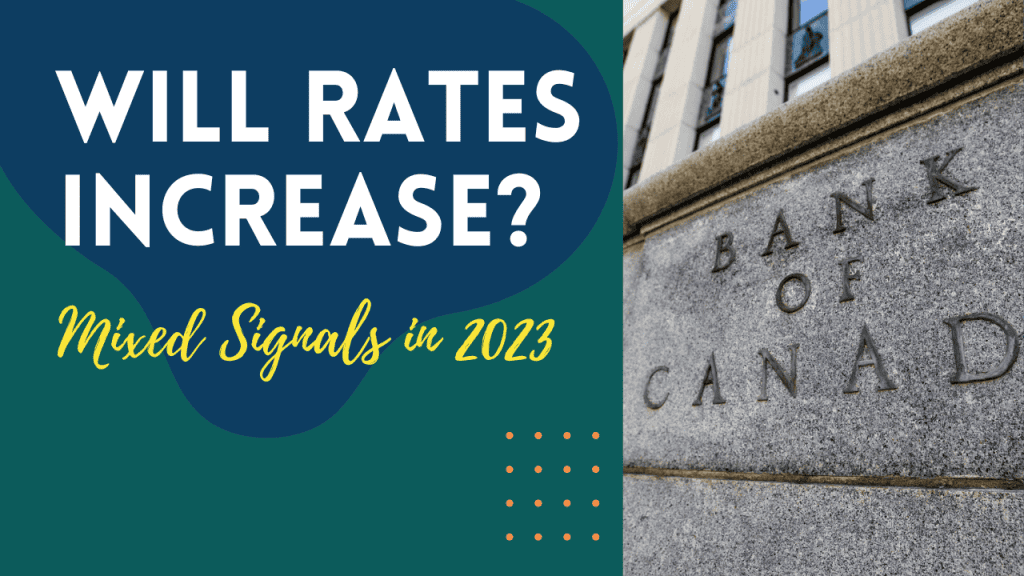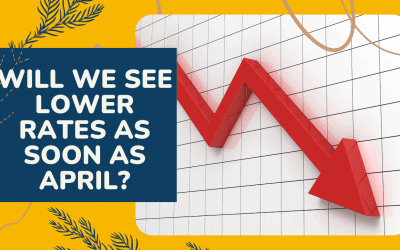The recent uptick in Canada’s annual inflation rate has sparked a debate among economists regarding whether the Bank of Canada should raise interest rates once again. While some experts caution against premature rate increases, Scotiabank’s chief economist suggests that the central bank should take immediate action to address potential inflation risks.
Jean-François Perrault, Chief Economist at Scotiabank, argues that the Bank of Canada can no longer afford to wait and observe how inflation risks unfold in the coming months. In a research note, Perrault recommends a 25 basis points increase at the June meeting, emphasizing the need for the central bank to keep the door open for additional moves if necessary. He further anticipates a rate cut early next year but sees little chance of a cut occurring in the present year.
Although Perrault considers the rate hike as insurance against inflation, he clarifies that their model does not indicate an immediate necessity for higher rates, despite the April inflation shock and other developments. In April, the consumer price index rose to 4.4% compared to the previous year, marking the first increase since June 2022. The Canadian Real Estate Association also reported an 11.3% surge in home sales from the previous month, accompanied by a significant rise in average home prices.
Previously, the Bank of Canada announced its decision to maintain the key interest rate at 4.5%, with expectations that the annual inflation rate will gradually decrease to around three percent in the upcoming months. However, Governor Tiff Macklem emphasized the possibility of further rate hikes if inflation remains above the bank’s two percent target.
Statistics Canada attributes the rise in annual inflation in April to higher mortgage interest costs and rent prices. While Perrault acknowledges that one month does not establish a trend, the April figure prompted Scotiabank to revise its forecast for core inflation to 3.9% for 2023 and 2.3% for 2024. Perrault believes that the surge in inflation, coupled with a robust housing market and strong employment markets, tilts the risks surrounding the Bank of Canada’s inflation outlook towards the upside.
However, not all economists share the same viewpoint. BMO’s chief economist, Douglas Porter, argues that the fundamental inflation outlook remains unchanged. Porter warns against hasty rate hikes, suggesting that it would be wise to wait for the release of May’s jobs and Consumer Price Index (CPI) data, as well as an early look at Q2 GDP, to obtain a more comprehensive understanding of the economy’s performance. Porter predicts that headline inflation will decrease significantly next month, potentially reaching the low threes.
In addition to economic indicators, the ongoing dispute over raising the United States’ debt ceiling is another factor that economists like Porter believe should be considered when deliberating rate hikes.
As the debate continues, the Bank of Canada will carefully assess these differing perspectives and evaluate the impact of inflation, economic indicators, and external factors before making a decision on whether to raise interest rates once again.






0 Comments